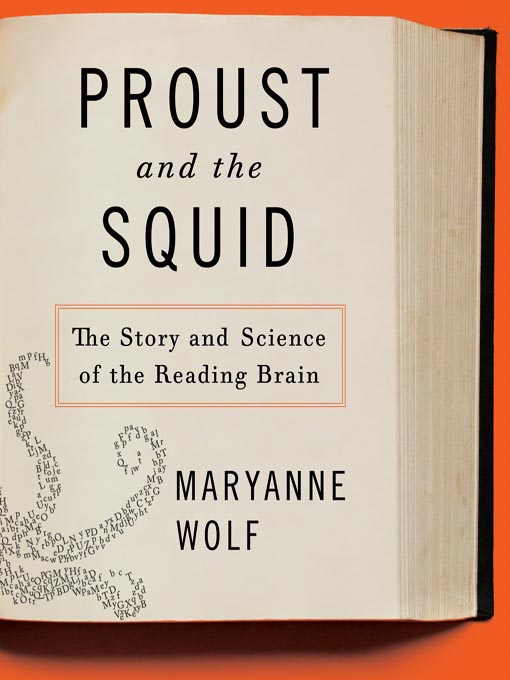
Proust and the Squid
The Story and Science of the Reading Brain
کتاب های مرتبط
- اطلاعات
- نقد و بررسی
- دیدگاه کاربران
نقد و بررسی

Proust, a metaphor for reading, and the squid, an analogy for early investigations of the nervous system, are meant to tease the curious into exploring a scientific treatise on the subject of literacy. The author integrates multiple disciplines to explain the evolution of the reading brain--its development and some common variations. Narrator Kirsten Potter facilitates the scientific vocabulary, words such as "retinotopic," "logosyllabary," "disambiguate," and "metacognitive." Speaking as the author, she explains all the difficult terms as they appear, transforming the formidable into the accessible. Potter's scientific fluency makes this challenging information easier to grasp and more enticing than it would be in print. Listeners may be surprised to learn how intellectual and biological transformations take place in their brains as they listen. J.A.H. (c) AudioFile 2008, Portland, Maine

Starred review from December 31, 2007
Wolf, a professor of child development at Tufts University, integrates psychology and archeology, linguistics and education, history and neuroscience in a truly pathbreaking look at the development of the reading brain—a complicated phenomenon that Wolf seeks to chronicle from both the early history of humanity and the early stages of an individual's development (“nlike its component parts such as vision and speech... reading has no direct program passing it on to future generationsâ€). Along the way, Wolf introduces concepts like “word poverty,†the situation in which children by age five have heard 32 million fewer words than their counterparts (with chilling long-term effects), and makes time for amusing and affecting anecdotes, such as the only child she knew to fake a reading disorder (in an attempt to get back into his beloved literacy training program). Though it could probably command a book of its own, the sizable third section of the book covers the complex topic of dyslexia, explaining clearly and expertly “what happens when the brain can't learn to read.†One of those rare books that synthesizes cutting-edge, interdisciplinary research with the inviting tone of a curious, erudite friend (think Malcolm Gladwell), Wolf's first book for a general audience is an eye-opening winner and deserves a wide readership.

























دیدگاه کاربران